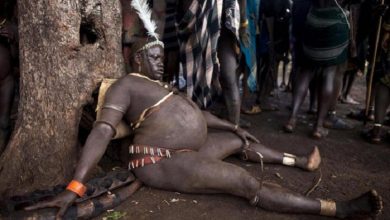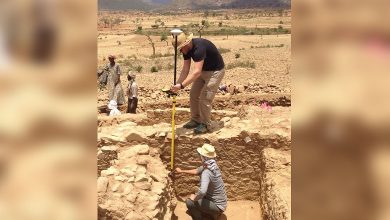Historic Cooperation Agreement between Somalia, Eritrea and Ethiopia

In the Horn of Africa, the leaders of Eritrea, Ethiopia and Somalia have signed an agreement. In this text, a new step forward in their rapprochement, they reaffirm their links and strengthen their cooperation.
This warming follows the peace signed between Addis Ababa and Asmara and the visit of the Somali president to Eritrea.
The agreement is short, general, but with strong symbolic significance. The three nations promise to cooperate with each other, to build close political, cultural and even security ties. Important passage: everyone agrees to respect “the independence, sovereignty and territorial integrity of others”. A sentence of great significance, while Eritrea and Ethiopia were at war and the conflict was regularly exported to Somalia.
Signing this agreement is “an honour,” Somali President Farmajo said, adding that good cooperation will help the development of the three nations. The Ethiopian Prime Minister has extended his stay, especially to discuss economy, especially as Addis Ababa seeks at all costs access to the sea.
Abiy Ahmed and Eritrean President Issayas Afeworki together visited the port of Assab, travelled the 71km of road connecting it to the border town of Bure, before going to the port of Massawa. There, the ship Mekele was waiting for them. This is the first Ethiopian boat to dock at Massawa for two decades. He is responsible for transporting zinc from the Bisha Eritrean mine.
Finally, this morning, another strong symbol: the two leaders inaugurated a new Ethiopian embassy in Asmara. The first in over 20 years.
Moving to Djibouti
In the wake, to everyone’s surprise, the three foreign ministers of Somalia, Ethiopia and Eritrea decided to go to Djibouti today. And this is a small diplomatic event, because this trip must serve to revive the dialogue between Eritrea and Djibouti who have a border dispute for years.
Both countries claim the Ras Doumeira region. Ombudsman for the crisis, Qatar had deployed soldiers on a buffer zone. But Doha had withdrawn a little over a year ago. The Eritrean army took the opportunity to gain control of the area and there was no longer a mediator between the two.
Djibouti regularly accuses its neighbour of carrying out attacks on its territory, but also to detain still 13 of its soldiers. Asmara does not admit to detaining Djiboutian prisoners of war. In July, Djibouti had written to the UN Security Council asking it to facilitate an agreement between the two neighbours. Since Ethiopia and Eritrea have made peace, there is intense diplomatic activity in the region to address this border issue. Ethiopians and Somalis could therefore play the mediators.




